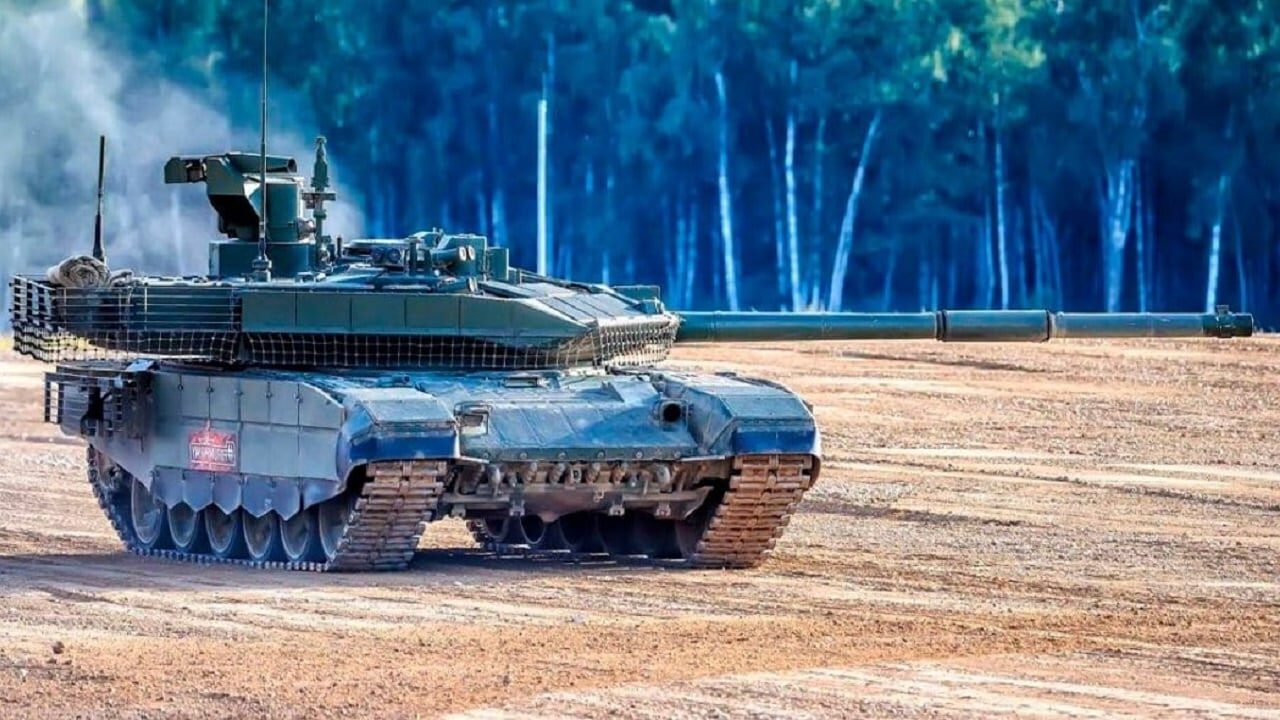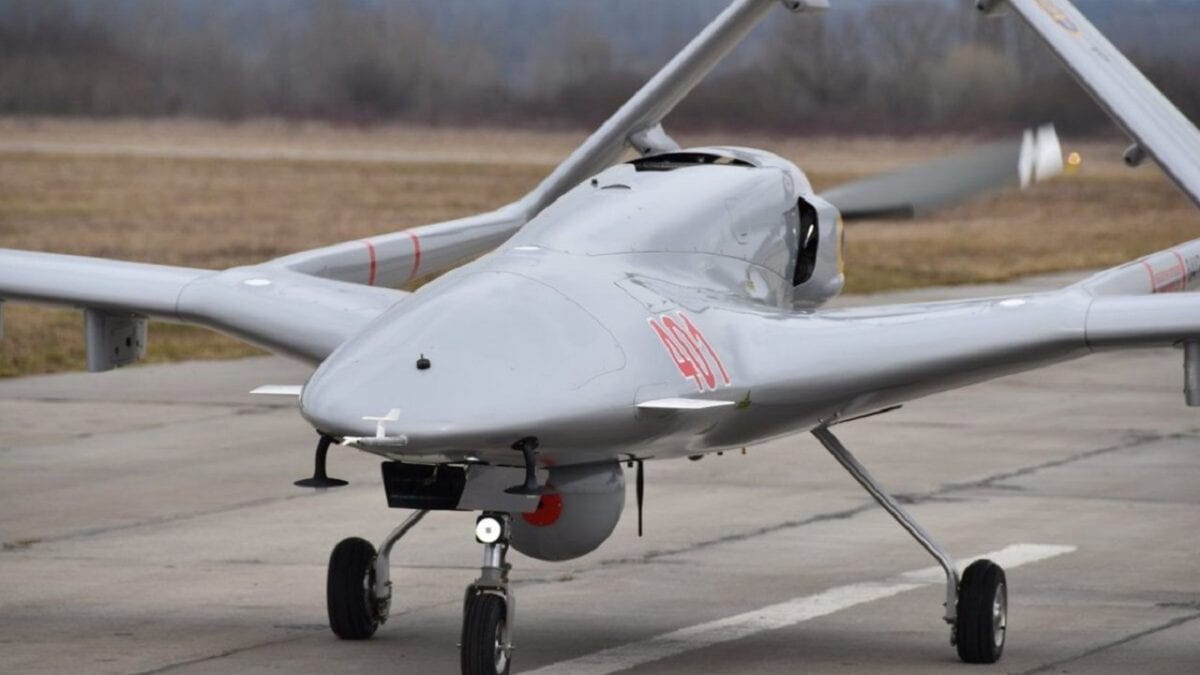Robert Farley

Will Ukraine Go on the Offensive Or Not? Expert Analysis by Dr. Robert Farley: Observers of the Russia-Ukraine War have been aflutter for weeks about the prospect of a Ukrainian offensive to retake some of the territory seized by Russia in the first months of the war. To some extent, this reflects frustration with what has become a static struggle of attrition, with front lines moving only a few kilometers and (in recent weeks) slowing to a crawl. For a variety of reasons, however, onlookers have been disappointed.
Despite some feints and apparent early moves, Ukraine has not seriously attempted to dislodge Russia from any of its conquests.
There are good reasons why Ukraine would resist the call for an early offensive from foreigners who’ve grown bored with the war. A failed counter-offensive would be a dramatic defeat for Ukrainian prospects. In addition to the political effects (which would include an increase in Russian morale and the potential loss of support in the West), a failed offensive could open gaps and vulnerabilities in Ukraine’s defensive position, enabling Russian counter-attacks that could seize additional territory. A failed counter-offensive could also result in a Russian cease-fire offer on extremely advantageous terms to Moscow, a prospect that Kyiv would prefer to avoid.
There is little question that the Ukrainians are inflicting serious damage on the Russians, including both fielded forces and logistical systems. Simply attriting Russians forces will not obligate them to evacuate Ukraine. Armies do not generally collapse from attrition alone; the threat and practice of maneuver warfare must force them to engage, at which point the extent of the damage inflicted becomes clear. An army defending from static positions can endure logistical shortcomings and the slow grind of combat, but may fall apart when attacked with intent to overrun or encircle. To enjoy strategic success, damage to Russian forces must be accompanied by liberation of real territory of strategic importance.
Eyes have focused especially on Kherson, which is both geographically vulnerable and strategically critical, but despite a range of preparatory action and a lot of discussion, an offensive has not ensued. Russian reinforcements, deployed either defensively or in preparation for another drive towards Odesa, have complicated the situation. The terrain does not favor offensive action, especially for a military that continues to struggle to integrate new equipment. Combined arms offensive operations against a determined opponent in open country require extraordinary skill and coordination, and neither the Ukrainians nor the Russians have demonstrated this capability thus far.
However, the ability to demonstrate an offensive capability may be politically important to the Ukrainians. During World War II, the Roosevelt administration authorized early, under-prepared offensives in North Africa and the Solomon Islands out of a political need to demonstrate to international and domestic audiences that the United States was willing and able to carry the war to the enemy.

Bayraktar TB2 Drone of the Ukrainian Air Force.
Thus far, heralds of Western disunity over Ukraine have largely proven wrong, as many Western countries have continued to provide material and rhetorical support to the Kyiv government. Indeed, there’s little hard evidence that enthusiasm for supporting Ukraine has waned significantly, despite a few hazy indicators from polling. However, demonstrating some degree of offensive success may also become important domestically for the Zelensky regime, which has maintained high levels of approval in the face of the Russian invasion. The same polls that indicate high support also indicate great confidence regarding the future of the conflict, confidence that may eventually require some demonstration of effectiveness.
Granted, offensive operations are a tough sell for an army that has been badly mauled over the past six months. Simply integrating all of the equipment that Ukrainian forces have received is a titanic organizational task; forging a sufficient number of Ukrainian units into a maneuver-capable combined arms force is an exceedingly tall order. Ukrainians can surely be forgiven for resenting Western advice on when and where they should launch risky, costly military operations. Nevertheless, if the war is to end in anything other than a stalemate that leaves Russia in control of a huge portion of the country, the Ukrainian military needs to demonstrate its ability to defeat the Russians in the field and retake captured territory.
No comments:
Post a Comment